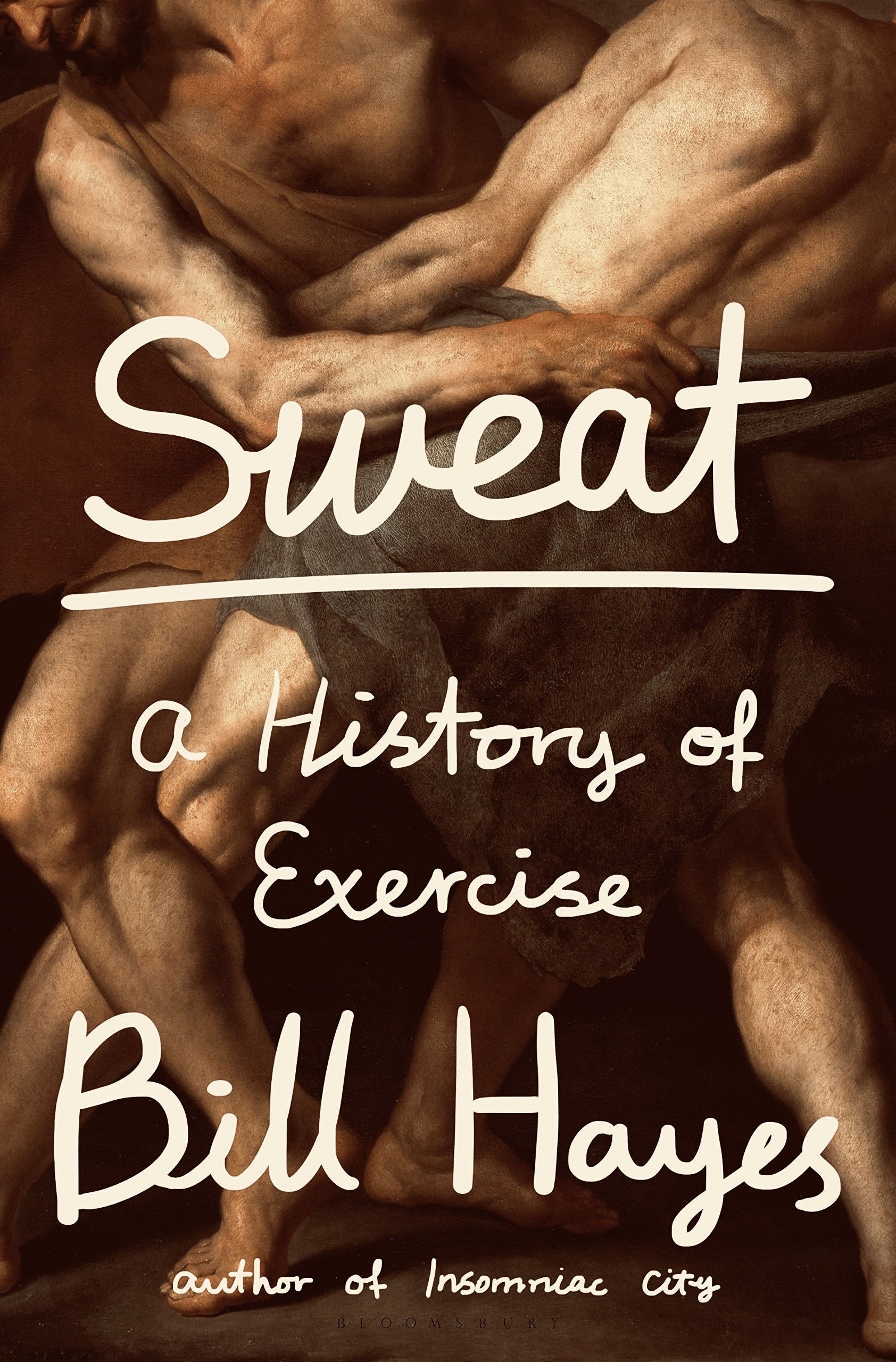April 2022 Edition
“Indeed, this was a time in my life when I more often took flash cards than lovers to bed. And when I did take lovers, I dissected them with my eyes and quizzed them: Is this your femur or your tibia? May I please palpate your gluteus medius?”
~ from A History of Exercise byBill Hayes
A curious person can often take intellectual journeys, which others might regard as useless.
‘Why do you waste 5 hours each day learning Italian, Vashik?’
Genuine answer such as:
‘Ahm, because I want to read books by Calvino or Buzzati in their original language…’ - might seem ridiculous or even pretentious to an overly-rational person. After all, works by those authors are already available in English.
In a similar way one can ask Bill Hayes:
‘Why did you attend a yearlong course on human anatomy?’
‘Well’ - he might answer - ‘ I was writing a book called The Anatomist about Henry Gray’
This conversation could be continued by endless circle of question ‘Why?’, but essentially the simple answer to all of them would be…
‘Because I am curious’
6 Principles of Exercise and Writing.
Bill Hayes’ recent book ‘Sweat: A History of Exercise’ is about his lifelong obsession with exercise.
In Sweat, he runs, jogs, swims, spins, walks, bikes, lifts, or in other words, explores what his body is capable of and its limits.
Throughout the book, he connects his own personal experience to the cultural and scientific history of exercise, from ancient times to present day.
From Ancient Greeks to Jane Fonda.
In the chapter called The Rest Principle he connects six principles of exercise with his other lifelong obsession - writing.
‘In each of these concepts, I found a correlative to work, my passion - to writing - although they could apply equally to just about any vocation or endeavour.
#1 | Principle of Specificity 🎯
‘Be specific in your work goals as much as your workouts. It’s all about the details.’
Or, as Seneca said:
“If one does not know to which port one is sailing, no wind is favorable.”
Be clear what you’re writing about, or which workout you plan to focus on.
#2 | Overload Principle ⚡️
"Push yourself, provide constant stimuli, try new things, whether at the gym, at your desk, or in the office - creative cross- training, one might say’
#3 | Progression Principle ⏭
Once you mastered a task and stimuli no longer works, move on. Otherwise you might lose the rhythm, progression, so to say.
#4 | Principle of Accommodation 🧠
‘With no demands placed on it, the body accommodates or reaches homeostasis… So don’t get too comfortable;’
There is no difference between running the same distances each day, and writing the same story lines on each page. Your mind (as well as your body) tries to bring you back to what’s comfortable. Be always cautious of this, otherwise your creativity will get stuck.
There is nothing worse in life than playing safe.
#5 | Principle of Reversibility 🔄
‘Just as movement in any form is better than none at all - walk around the block if you can’t make it to spin class - one must do something, anything, to keep the creative and intellectual motors running’
#6 | THE REST PRINCIPLE… 😴
(… Maybe the most important one out of six)
‘Just as the body needs to rest, so does an essay, story, chapter, poem, or especially, book.’
Take a break from what you enjoy doing. By taking a break from writing, running, reading or creating you will remind yourself how important those things are in your life.
Often we enjoy those activities so much, that we overdo them. Our muscles -both creative and physical -start to hurt
Do not work through pain. It will hurt you. Every creative person faced this at least once. Every athlete experienced this as well.
Give your body and your mind a rest. Put aside your writing; put aside a book you enjoy reading.
It will refresh your mind, and your appetite for more.
I experienced burn-out recently. I take this advice very seriously.

